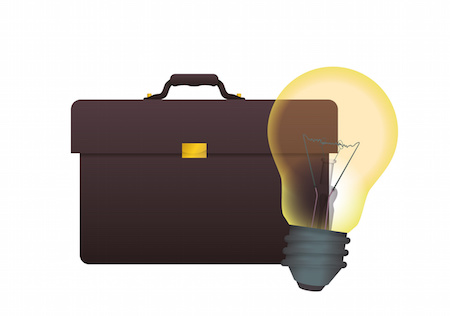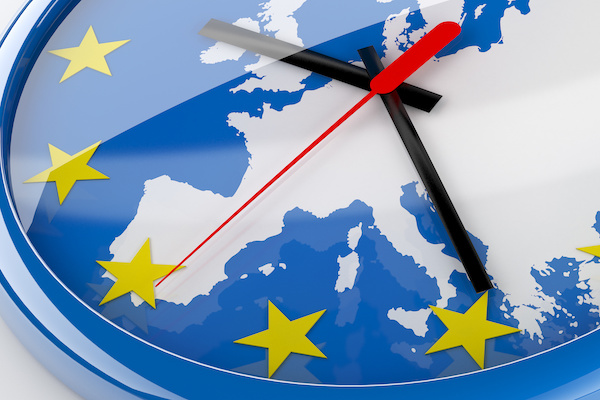13 September 2017
Time to go back to school, what is on the agenda?


After an intensive summer with the first steps of the new government, the General Policy statement of the Prime Minister, Minister for the Ecological and Inclusive Transition Nicolas Hulot’s Climate Plan and the debates at the French Parliament, it is now time to go back to school ! What are the key energy and climate files in the coming months? What are the key priorities for the electricity sector?
On paper, the government’s objectives are clear and in line with the 2015 Energy Transition for Green Growth Act. Following Donald Trump’s announcement that the United States would withdraw from the Paris Agreement, the French climate ambition has been strongly restated by President Macron and directly translated into a « carbon-neutral » perspective in the Climate Plan presented by Nicolas Hulot. UFE welcomes the willingness to give a long-term goal and visibility to stakeholders, as well as to end sales of petrol and diesel cars by 2040. But progress remains to be made in the short and medium-term implementation.
The plurennial energy programming (PPE) should prepared as soon as possible
In 2018, the PPE will be revised and fix the energy targets for 2023 and 2028. This revision, to be drafted at the earliest, will be the occasion to set the record straight on the chosen energy trajectories. There is no getting away from facts: France is not on the right track to reduce its CO2 emissions because energy savings are not made in the most carbon emitting sectors such as buildings and transport, and are not targeted based on the carbon content of the energy sources. France is not on the right track either on renewable energy development because administrative barriers are manifold. At least, France has to admit that the 50% nuclear objective in the generation mix by 2025 is unrealistic.
In particular, to determine which objectives should be maintained or reviewed, UFE calls for a methodology that gives more importance to the socio-economic dimension of the energy and ecological transition. The impact on employment and the economy, as well as network adaptation, are right now under-estimated in the policy decision-making and should be evaluated more carefully. UFE is currently conducting a study to be published by the end of 2017. This study will bring additional insights on this question and contribute to the debate on the PPE revision. The subject is complex and multi-faceted, that requires discussions with all the energy stakeholders, not only in the electricity sector, and that must be rooted in territories and employment areas.
Laws to come to translate the ambitions in practice
A law to stop granting oil exploration licenses in France has been tabled while another draft law on administrative simplification in the energy sector will soon be released. This agenda is an opportunity to address the gaps in terms of procedures, while trying to limit all state of uncertainty, delays and additional charges in the implementation of the national energy policy. This analysis is particularly true for hydroelectricity as well as offshore and onshore wind and the network procedures.
Still in the legislative scope, the first Budget law of this 5-year term will be examined starting from October and should confirm the ambitious climate policy of the French government. UFE already presented some recommendations on those numerous legislative files, concerning the level of climate-energy contribution, the counter-incentives tax expenditures from a climate point of view (which incentivize the fossil fuels consumption) or the flat-rate taxation on network utilities, which do not benefit to local authorities where wind farms were installed.
Some attention points for consumers, starting from the January 1st, 2018
The coming months will give the opportunity to anticipate two major evolutions that will directly affect consumers, starting from January 1st, 2018. The first measure is the excessive increase of the energy efficiency certificates’ objectives (CEE), on which UFE and other stakeholders have stressed the limits, as it lead to an additional cost of €2 billion for consumers each year. In view of the increasing costs of this measure, it is imperative to improve the monitoring of the CEE prices with the creation of a spot prices index, in order to react more efficiently when the consumers’ bill skyrockets.
The second measure is the end of the social electricity and gas tariffs that will be replaced by the « chèque énergie » measure. After only one year of experimentation and with the assessment still to be published, this measure will be generalized everywhere in France. UFE underlines that many points still need to be improved to optimize the global cost and avoid undesirable effects, in particular the risk of losing associate rights to this social welfare (by example, the non-power cut in winter, even in case of outstanding debt). This topic is even more problematic as the end of social energy tariffs will enter into force on January 1st, 2018 while the new « chèque énergie » will only be launched in April 2018.
If the energy debates only focus on targets, especially on the nuclear or renewable energy objectives, UFE considers that pragmatism and coherence should prevail in the coming months. The discussions around the 2040 and 2050 targets, if necessary, remain pointless if France is not able to meet its 2020, 2023 and 2030 targets. Some of those objectives should be further discussed. More prominently, both the method and concrete implementation of the energy transition should be revised, by giving a central place to the industrial and social dimension of our energy choices, supporting regions most affected by the transition and rationalizing public policies instruments in order to diminish costs and negative effects.
Last, the next months will also be devoted to the negotiations on the Clean Energy Package at the European level. Over the course of September, UFE will take stock of the major ongoing European issues, which are crucial for the governance of the energy policies.
Find out more
02 June 2020
“Long live Europe”: it’s time for Europe!
25 February 2020
Brexit: love last 47 years


About us
The Union of the French Electricity Industry is the trade association of the French electricity sector. We bring together companies from the whole value chain of the electricity industry.
Find out more










